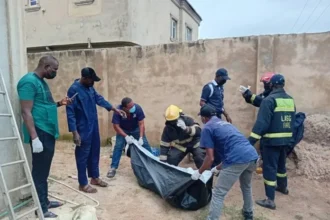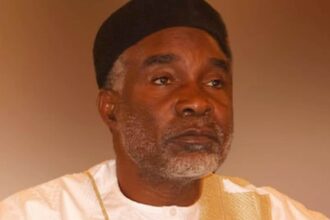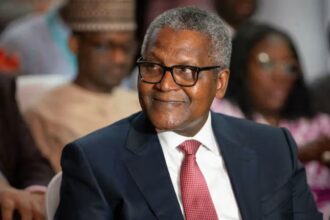...To get all news updates, Join our WhatsApp Group (Click Here)
Also Join our WhatsApp Channel (Click Here)
From Sir Steve Omojafor to Mrs. Dorothy Ufot, SAN, Barrister Taiwo Adeoluwa to Dr. Muiz Banire, Apostle Anselm Madubuko to Prince Bisi Olatilo, Dr. Abayomi Ajayi to Dr. Julius Nwokoro, Mr. Femi Adesina to Mr. Zeb Ejiro, Mr. Fred Amata to Mr. Chico Ejiro, Evang. Myke Ikoku to Deaconess Bolanle Oginni, Sammie Okposo to Saint Obi, Kanayo O. Kanayo to Chidi Mokeme, Zik Okafor to Mike Nliam, Grace Amah to Princess Chineke, Essence to Ebele The Flautist, Mr. Emeka Oparah to Mr. Charles Aigbe, and many, many others, it was indeed the convergence of some of Nigeria’s best and brightest on Thursday, June 19, 2014 when YES INTERNATIONAL!, one of Nigeria’s leading soft sell journals, had their 3rd Anniversary.
Also present at the high octane event were Dr. Adewale Ayuba, Alariwo of Africa, Alhaja Tai Elemosho-Okesanjo, Alhaja Islar Animashaun, Dr. Quincy Ayodele, Kenny Saint Best, Dayo Adeneye, Gbenga Adeyinka, Harrysong, Ifeanyi Dike, Kemi Otegbade, Chizor Malize, Yemi Odusote, Mr. Steve Ayorinde, Mr. Simon Kolawole, Mr. Caje Oleforo, Tunde and Wunmi Obe and Otunba Sesan Rufai and many, many others. The list, in fact, is endless. Here are some of the faces captured at the event by our photographer, TOKUNBO IBIKUNLE… (Expect the blow by blow account of the event soon).
You can get every of our news as soon as they drop on WhatsApp ...To get all news updates, Join our WhatsApp Group (Click Here)
Also Join our WhatsApp Channel (Click Here)









